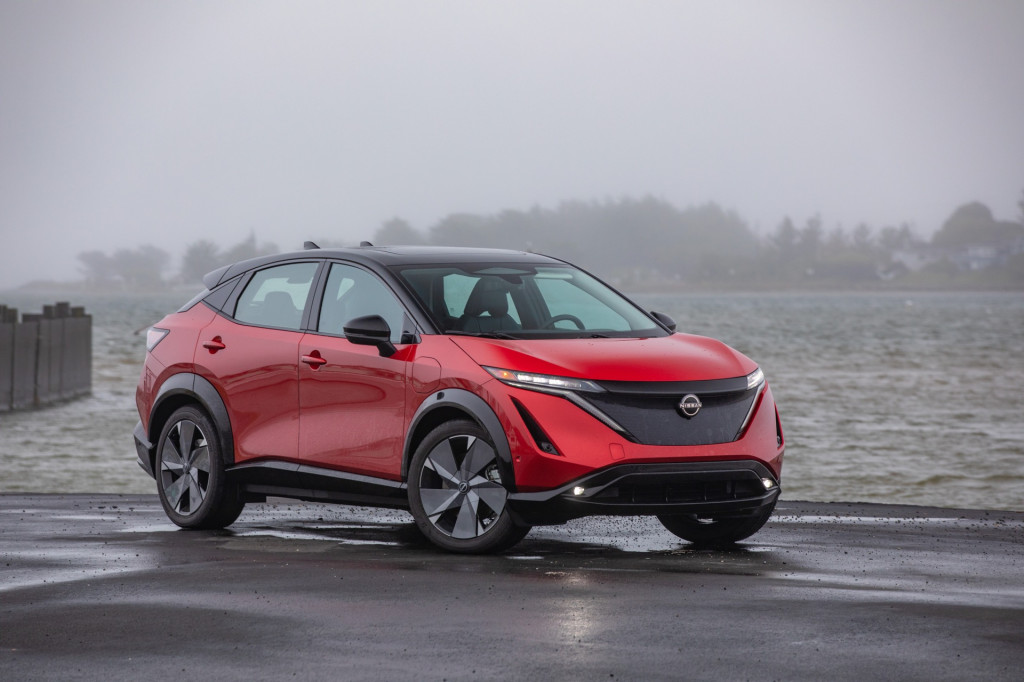Merger Talks Begin Between Honda and Nissan
- Merger talks have commenced between Honda and Nissan.
- The merger will establish the automakers under a joint holding company by August 2026.
- EVs, hybrids, platforms, and software will form the core of overlap.
A potential strategic partnership between Honda and Nissan will align them on intelligence, EVs, and more, as confirmed by the global automakers on Monday.
The companies have signed a memorandum of understanding as the initial step towards merger talks, with Mitsubishi potentially joining as a third partner. Nissan currently owns approximately 34% of Mitsubishi shares, with some platform-sharing between the two automakers.

The plan is for the merged automakers to operate under a holding company, with both automakers being delisted from the Tokyo Stock Exchange by the end of July or August 2026. The shares of both companies will then be transferred to the new holding company.
A report from Japanese news outlet Nikkei highlighted competition from Tesla and Chinese automakers in the EV segment as a key factor behind the merger.
Following a March announcement of a memorandum of understanding for a “strategic partnership” in vehicle electrification and intelligence, Honda and Nissan are expected to cover EVs, hybrids, and software. Mitsubishi is set to join this partnership in August. The current alliance between Nissan, Mitsubishi, and a French automaker has previously collaborated with Honda, most recently on the Altna battery-leasing joint venture.
Combined sales of Honda and Nissan in 2023 exceeded 8 million vehicles, positioning the merged automaker as the third-largest by sales volume, following Toyota and the Volkswagen Group.

A full merger is likely to serve as a much-needed lifeline for Nissan, which announced plans in October to reduce its global workforce by 6.7% and production capacity by 20% due to declining sales, particularly in the U.S. and China.
Both automakers are currently undergoing an EV reset, with Honda gearing up to launch its 0 Series in 2026 and Nissan preparing a next-generation Leaf along with larger models for assembly in Mississippi.
The merger is expected to optimize manufacturing systems and facilities, as well as standardize vehicle platforms.
Hybrids present immediate opportunities for integration, with Honda’s two-motor hybrid system potentially replacing Nissan’s e-Power hybrid system. Nissan, on the other hand, could lead the electrification of pickup trucks and SUVs, including the body-on-frame models currently absent from Honda’s lineup.
This article was updated on Dec. 23 following the confirmation of the merger plans by the automakers.

